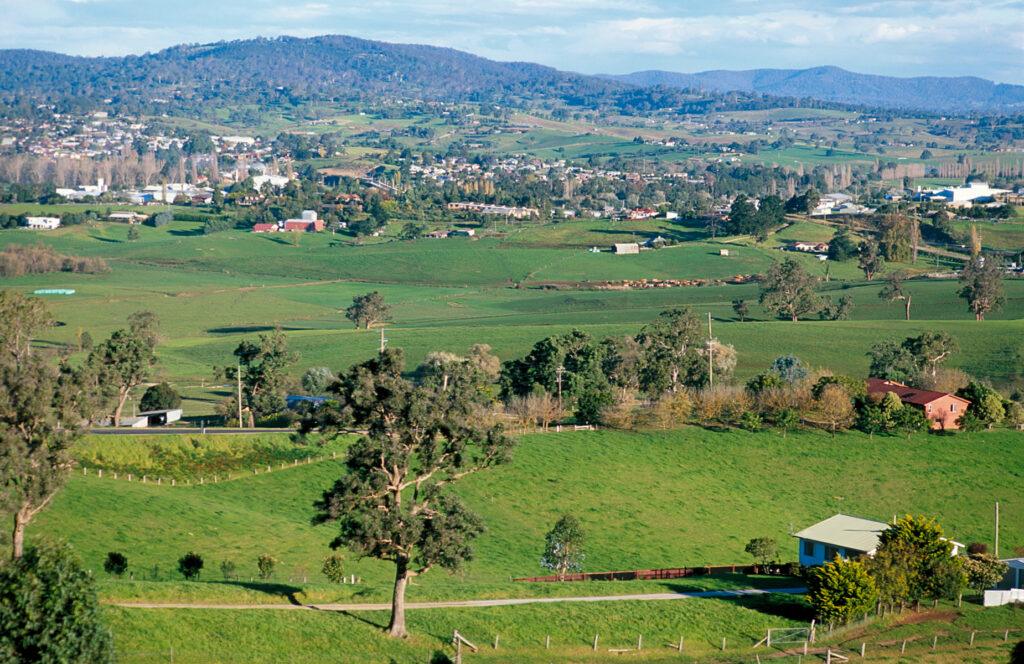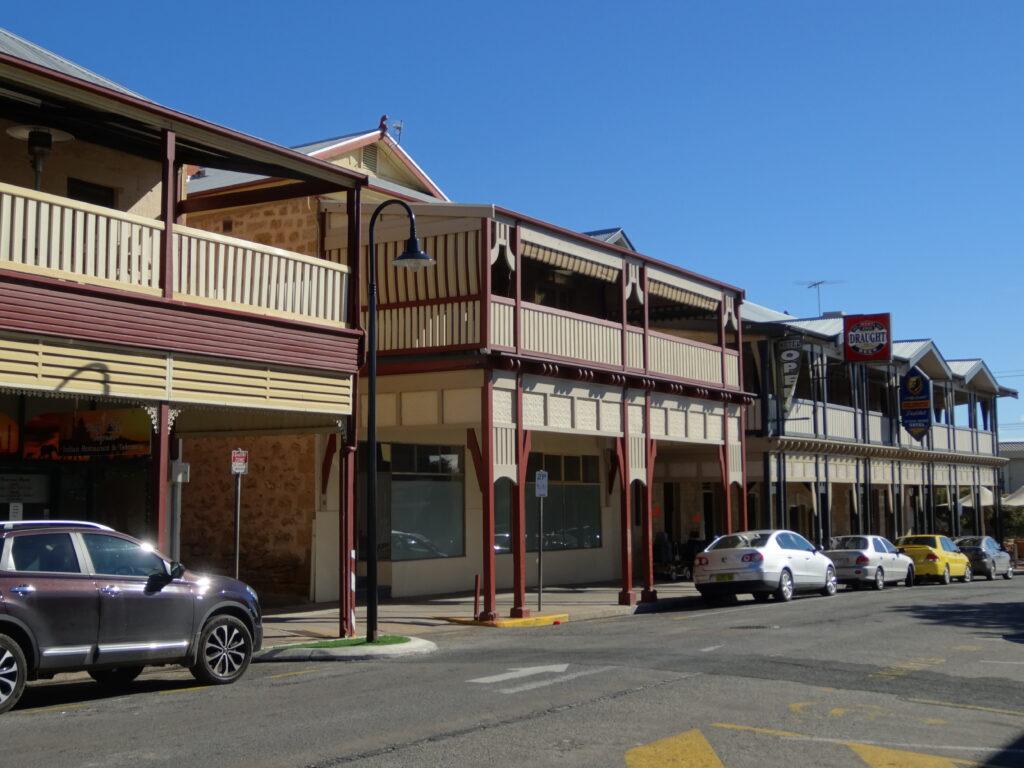For many Australians, as retirement ages continue to push later, it still signals not just the end of working life, but the beginning of a new chapter. Increasingly, that new chapter is being written in country towns and rural communities. While cities continue to expand and strain under the pressure of housing affordability and fast-paced lifestyles, rural Australia offers seniors something different: space, peace, and a sense of belonging.
Slower Pace, Higher Quality of Life
One of the most outstanding appeals of rural living is the slower, more measured pace of life. For seniors who have spent decades in demanding careers or raising families in the city, the tranquillity of a small town or countryside property can feel like a welcome exhale.
There’s less traffic, less noise, and more time to enjoy the everyday moments, whether that’s a morning walk through tree-lined streets, chatting with a neighbour at the local bakery, or taking in the wide-open skies at sunset. For many, this slower rhythm aligns perfectly with the stage of life that prioritises wellbeing, relaxation, and simplicity.
Rural does not have to mean the back of Bourke either – many rural areas in Australia are coastal, so that sea change moves can offer you even more opportunity for recreation and community engagement. Imagine joining the local men’s shed, musical society or surf lifesaving group. Age is no barrier to all of these, and many are cornerstones of local rural communities.

Affordability and Housing Options
Another driving factor is affordability. Regional housing prices remain significantly lower than those in capital cities, meaning seniors can sell a suburban home and buy a comfortable property with money to spare. Downsizing doesn’t have to mean compromising—rural areas often offer larger blocks, charming heritage homes, or purpose-built retirement communities surrounded by nature.
With cost-of-living pressures rising, many retirees find that their pension or superannuation stretches further in regional areas, leaving more room in the budget for travel, hobbies, and family visits.
Health and Wellbeing Benefits
Living close to nature has well-documented health benefits, from reduced stress levels to improved mental clarity. Rural areas often encourage a more active lifestyle, such as gardening, walking, fishing, or joining local sports and recreational clubs, as mentioned before.
Air quality is typically better than in urban centres, and seniors report sleeping more soundly when surrounded by quiet countryside. The sense of peace and the natural beauty of rural Australia contribute to better overall wellbeing, which is particularly important in later life.
Many country towns also have strong networks of health services designed for aging populations. While not every community has a major hospital, advances in telehealth and mobile health services have made it easier for seniors to access regular care without needing to live in a city.
More space can also mean the ability to grow your family with pets, livestock and four-legged friends, which offer many known mental health benefits.
Community Spirit and Belonging
The most compelling reason many seniors choose to move to the country is the sense of connection they experience. Smaller towns tend to be close-knit, where people know each other by name and newcomers are welcomed. Community clubs, volunteering opportunities, and local events—from markets to festivals—create spaces where seniors can feel valued and involved.
For those at risk of social isolation in bigger cities, rural life can foster deeper friendships and stronger support networks. It’s common to hear retirees say that country living gave them “a second family.”
Opportunities to Pursue Passions
Retirement in the country often opens up opportunities to explore hobbies and interests that might not have been possible in city life. Larger backyards mean more room for gardening or even keeping chickens. Artists and writers are drawn to the space and inspiration of the landscape. History enthusiasts find joy in getting involved with local heritage groups, while others join bushwalking clubs or Men’s Sheds and many coastal people enjoy getting involved with their local surf club.

For seniors who still wish to work part-time or volunteer, rural towns are constantly seeking skilled individuals to contribute—whether that involves mentoring, teaching, or supporting local initiatives.
If you are not ready to retire, many skilled individuals of an older age are appreciated in rural areas, where they can secure various types of flexible employment. You can continue working if you wish – or even change careers.
Staying Connected
Modern technology has made rural living more accessible than ever. Reliable internet enables seniors to stay in touch with their children and grandchildren via video calls, manage their finances online, and access streaming entertainment. For many, the ability to enjoy the tranquillity of country life without feeling cut off from the world is a perfect balance.
Transport links are also improving, with regional airports and train services making it easier for families to visit or for retirees to travel.
The Romance of the Landscape
Finally, there’s something deeply appealing about the Australian countryside itself. From rolling farmland to rugged coastlines and mountain ranges, rural Australia offers a sense of beauty and freedom that city living rarely matches. For many seniors, it’s about returning to their roots or reconnecting with the landscapes of their childhood. For others, it’s about finding inspiration and peace in a new setting.
A Life Well-Lived in the Country
Choosing to live in rural Australia in retirement is about more than just geography; it’s about lifestyle, values, and priorities. Seniors are increasingly recognising that country living can offer not only affordability and comfort, but also a fulfilling and vibrant chapter of life.
Some folks grew up in rural areas and return later on in life, but don’t let that limit your options – travel around and see if there are other rural areas you may want to live in.
Whether it’s the warmth of community, the beauty of the natural environment, or simply the joy of slowing down, rural Australia continues to hold a powerful appeal for those seeking meaning and contentment in their later years.
Robert is the founder of AustralianSenior.com.
He studies Journalism and Communications at USC and studied TV Presentation at NIDA. He is passionate about advocating for seniors and presenting non-biased, fact-based news to enable those over 50 to thrive in an increasingly complicated digital world. He covers all areas of life and style, from pop culture to the economy, travel, and events with a passion for supporting rural and regional destinations and opportunities. If it's worth reading, it's worth writing about.
He loves to travel the globe and is a recently diagnosed, late-in-life Type One Diabetic.


